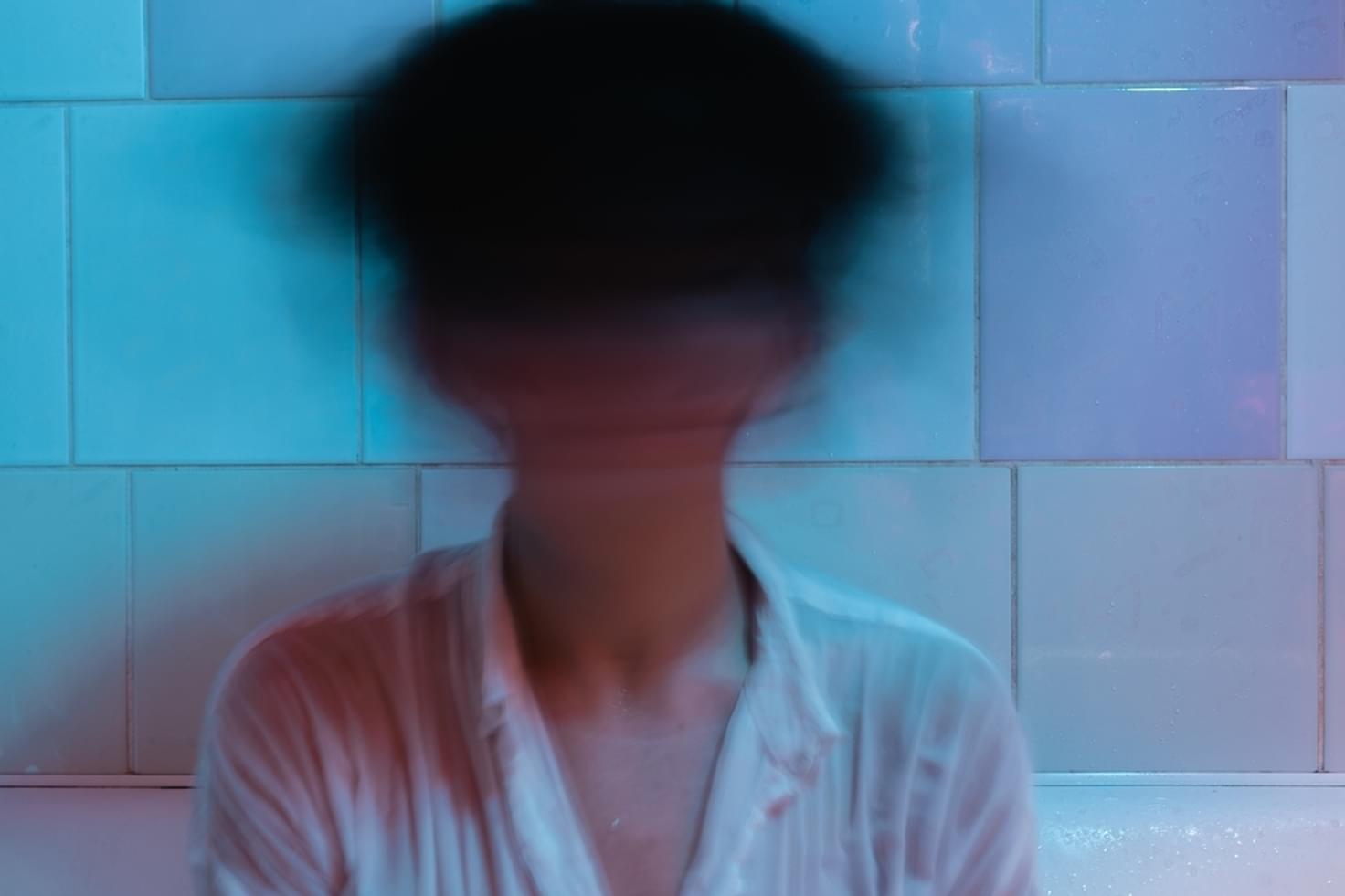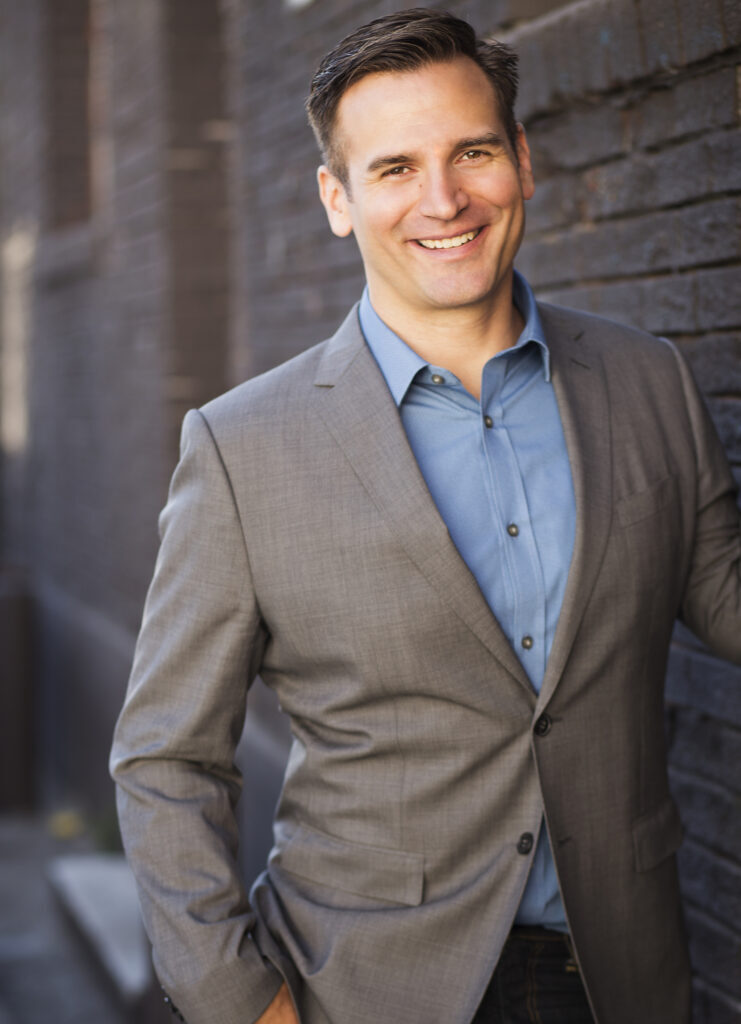
Words by Tess Becker
We’re in the midst of a mental health crisis among the youth. At the start of the year, the American Psychological Association released a report, which included higher risks of mental health disorders like depression among young people.
“This has been going on for a while,” said psychologist Kimberly Hoagwood, Ph.D., a professor of child and adolescent psychiatry at New York University’s Grossman School of Medicine. “It certainly got worse during the pandemic.”
This is a trend that mental health advocate Ross Szabo saw years ago... and so he wanted to make a difference.

“I grew up in a family that has a history of mental health disorders and addiction,” Ross tells Smiley News. “I went through a lot of real personal pain in high school when I was diagnosed with bipolar disorder and there was always a lack of understanding about what it is like to experience those issues.”
After being hospitalized for a mental health episode in his senior year of high school, he came back to a less-than-supportive crowd.
“A lot of people didn't know how to react, I would say, and other people and their lack of knowledge about how to react caused a lot of harm to me.”
A teacher brought in a psychologist to share stories with students about what mental health issues are like and some students, maybe out of discomfort, laughed. Ross told his teacher that the response upset him and so he’d like to speak as well.
That was when he decided to start a dialogue and begin talking about mental health.
Today, Ross is an award-winning mental health speaker, author, and advocate. He founded and serves as the Wellness Director at the Geffen Academy at UCLA and is the CEO of the nonprofit, Human Power Project.
Since his beginning in a high school classroom, he has spoken to over 2 million people about mental health issues.
“There weren't large-scale mental health presentations in the country, and I had the opportunity with the National Mental Health Awareness Campaign to create the entire genre of mental health speaking,” Ross says. “And then I realized there's not mental health curriculum for schools. So, there was an opportunity to create that."
Ross helped start the Geffen Academy, which served as a school with a specific focus on mental health. Similarly to how some schools focus on physical health and our bodies, the Geffen Academy takes a similar perspective on mental health and the mind.
A large part of the work to Ross is to make the information readily available and accessible, hence the Human Power Project which provides educational mental health resources for free, online.
Overall, he just wants people to understand mental health and its importance more.
“I think we need to actually teach mental health the same way we teach physical health," he says. "It's teaching a definition. It's teaching vocabulary, it's teaching coping mechanisms. It's teaching how to support each other.
“If we can get to that place where everyone understands even just a common ground of what it means and how to talk about it and what to do, it's gonna make a huge difference because every issue after that will be easier to advocate for.”
This article aligns with the UN SDG Good Health and Wellbeing.